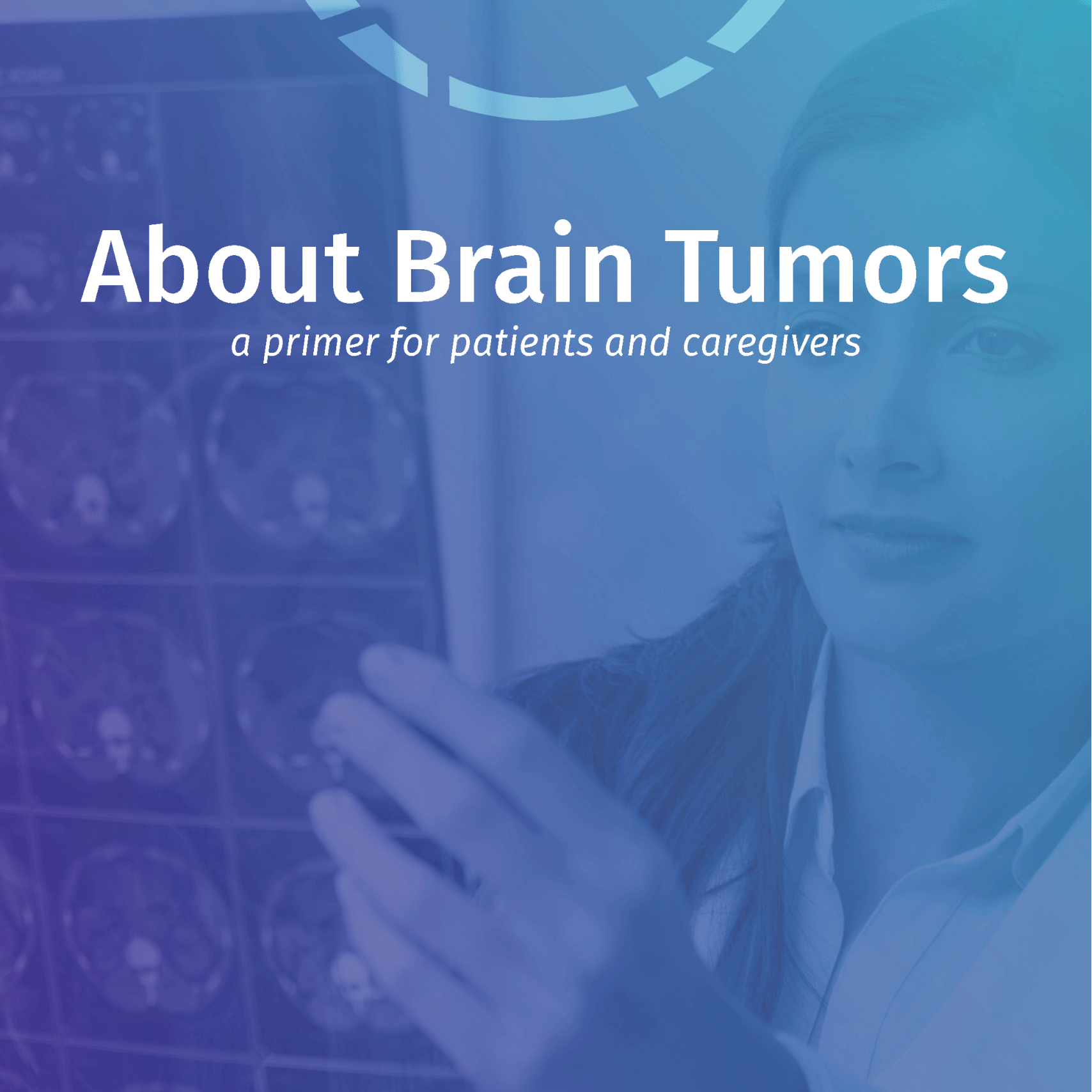How Metastatic Brain Tumors Affect Kidney Cancer Care
A kidney cancer diagnosis is already challenging, but when cancer spreads to the brain, it introduces new complexities. Brain metastases occur when kidney cancer cells travel through the bloodstream and establish tumors in the brain. While not every patient with kidney cancer develops brain metastases, it is estimated that 10-13% of kidney cancer patients will experience this progression. Identifying and managing brain metastases early can help improve outcomes and maintain quality of life.
Signs and Symptoms of Brain Metastases
Brain metastases can cause a range of symptoms, depending on their size and location. Some common signs include:
- Headaches that are persistent or worsen over time
- Nausea and vomiting, especially in the morning
- Seizures, which may be the first sign of brain involvement
- Cognitive changes, such as confusion or memory loss
- Weakness or numbness on one side of the body
- Balance and coordination problems
Because symptoms can be vague, it’s crucial for kidney cancer patients to discuss any new neurological issues with their doctor and request brain imaging if necessary.
How Brain Metastases Develop
Metastatic brain tumors occur when cancer cells detach from the primary kidney tumor, enter the bloodstream, and settle in the brain. Kidney cancer, particularly clear cell renal carcinoma, is known for being highly vascular, meaning it forms new blood vessels that allow cancer cells to travel easily. Early detection through routine imaging can help identify metastases before they cause severe symptoms.
Diagnosing Brain Metastases
If a doctor suspects brain metastases, they will order imaging tests such as:
- CT Scan (Computed Tomography): Provides a quick but less detailed view of the brain.
- MRI (Magnetic Resonance Imaging): The most detailed scan for detecting brain metastases, showing tumor size, location, and possible swelling.
Some kidney cancer brain metastases may also cause bleeding (hemorrhage), which can be detected through imaging.
Learn About the ABTA and the Metastatic Brain Tumor Collaborative
Treatment Options for Kidney Cancer Brain Metastases
Treating brain metastases requires a multidisciplinary approach involving oncologists, neurosurgeons, and radiation specialists. The main treatment options include:
1. Surgery
- When is it used? Surgery is an option for patients with a single, accessible brain metastasis causing severe symptoms.
- Benefits: Immediate relief from pressure in the brain, reduction of tumor burden, and the ability to analyze tumor tissue for personalized treatment planning.
2. Radiation Therapy
- Stereotactic Radiosurgery (SRS): A highly focused radiation technique (e.g., Gamma Knife, CyberKnife) that precisely targets tumors while sparing healthy brain tissue.
- Whole Brain Radiation Therapy (WBRT): Used for patients with multiple brain metastases, but it has more cognitive side effects. Modern techniques, like hippocampal avoidance WBRT, help reduce memory loss risks.
3. Systemic Therapy
- Immunotherapy (Checkpoint Inhibitors): Drugs like nivolumab (Opdivo) and ipilimumab (Yervoy) help activate the immune system to fight cancer. Kidney cancer brain metastases can sometimes respond to immunotherapy.
- Targeted Therapy (TKIs): Drugs like cabozantinib (Cabometyx) and axitinib (Inlyta) block cancer cell growth by cutting off their blood supply. These may be used alone or with immunotherapy.
4. Symptom Management
- Steroids (Dexamethasone): Reduce swelling around tumors to relieve headaches and neurological symptoms.
- Anti-seizure Medications: Prevent seizures caused by brain metastases.
The Role of a Brain Tumor Board
A brain tumor board is a team of specialists that meets to discuss the best treatment approach for complex cases. Neurosurgeons, radiation oncologists, neuro-oncologists, and medical oncologists collaborate to design a plan tailored to each patient. This approach ensures that patients receive the most effective and up-to-date treatments.
Patient & Caregiver Perspectives
Hearing from patients and caregivers who have navigated kidney cancer with brain metastases provides valuable insight into the journey. Many emphasize:
- The importance of self-advocacy in seeking second opinions and clinical trials.
- The emotional and physical challenges of managing both cancer and its neurological effects.
- The significance of support networks, including online communities, patient navigators, and cancer organizations.
Advocacy & Clinical Trials
Clinical trials play a vital role in advancing treatment options. Patients with kidney cancer brain metastases should ask their doctors about available trials, which may provide access to innovative therapies.
Resources like the Kidney Cancer Association’s Clinical Trial Finder make it easier for patients to explore trial options specific to their condition.
A diagnosis of kidney cancer with brain metastases is challenging, but new treatment advances offer hope. With a personalized, multidisciplinary approach, patients can receive effective care that improves both survival and quality of life.



























